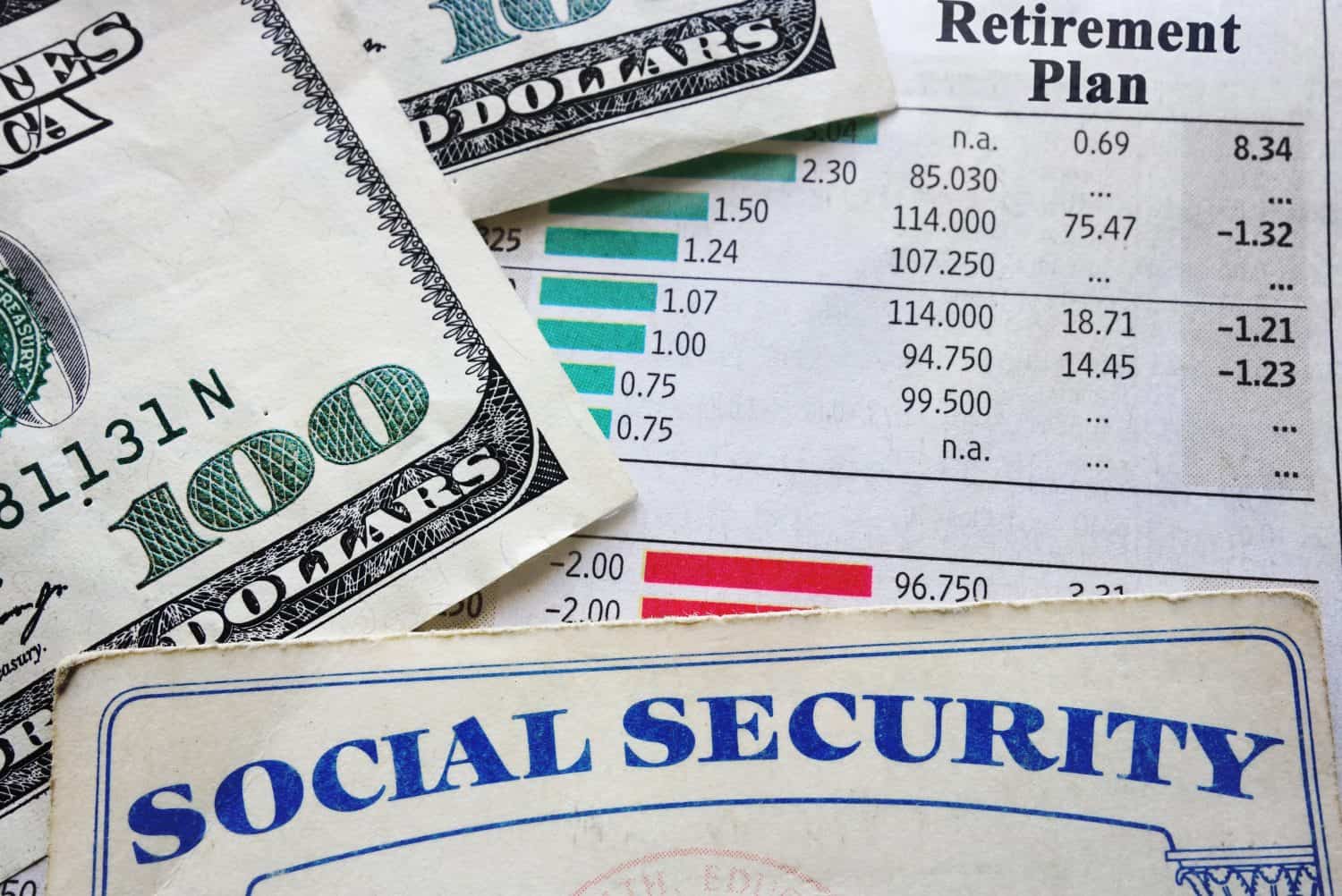Income
The Facts: Social Security Doesn't Run Out Money in 2035

Published:
Last Updated:

Social Security runs out of money in 2025? Don’t believe it. There is still a lot of money left then. What may happen is that payments to those who qualify may be cut back.
Social Security does not run out of money in 2035 as people think.
However, there is a good chance payments will be cut.
Take this quiz to see if you’re on track to retire. (sponsored)
There is a chance that Social Security (actually two trusts: The Old-Age and Survivors Insurance (OASI) Trust Fund, and The Disability Insurance (DI) Trust Fund) will become what the Social Security Trust Funds call “depleted.”
The think tank Peter G. The Peterson Foundation says it expects that in 2035, benefits will be reduced by 17%. Although this would be a catastrophe for some, it is not as if the payments go to zero. (The think tank wants Congress to add money to the fund.)
The reason the fund is in trouble is that the nation is aging, and not enough younger Americans are coming into the workplace to keep up with the payments. Virtually everyone short of retirement age pays into the fund. However, in 2010, there were 43 million Americans over 65. Today, that number is 59 million. The think tank estimates, “At the same time, the number of workers contributing to the program has declined — from 2.9 covered workers per beneficiary in 2010 to 2.7 in 2024.”
There are several solutions, none of which is likely to happen. The Social Security tax on people who are younger than 65 could be lifted. Over time, the lift would need to get higher and higher if that is the sole solution. Alternatively, the age at which benefits start to be paid could be moved two years later than it is now. People who are 65 will not get what they expect until they are 67. And, finally, people who make a lot of money (say $500,000 a year) would not be paid at all when they reach Social Security retirement age.
Congress could solve the funding of Social Security. Facing trillion dollars in U.S. debt, that is not likely.
Three Harsh Social Security Truths to Come to Terms With
The average American spends $17,274 on debit cards a year, and it’s a HUGE mistake. First, debit cards don’t have the same fraud protections as credit cards. Once your money is gone, it’s gone. But more importantly you can actually get something back from this spending every time you swipe.
Issuers are handing out wild bonuses right now. With some you can earn up to 5% back on every purchase. That’s like getting a 5% discount on everything you buy!
Our top pick is kind of hard to imagine. Not only does it pay up to 5% back, it also includes a $200 cash back reward in the first six months, a 0% intro APR, and…. $0 annual fee. It’s quite literally free money for any one that uses a card regularly. Click here to learn more!
Flywheel Publishing has partnered with CardRatings to provide coverage of credit card products. Flywheel Publishing and CardRatings may receive a commission from card issuers.
Thank you for reading! Have some feedback for us?
Contact the 24/7 Wall St. editorial team.